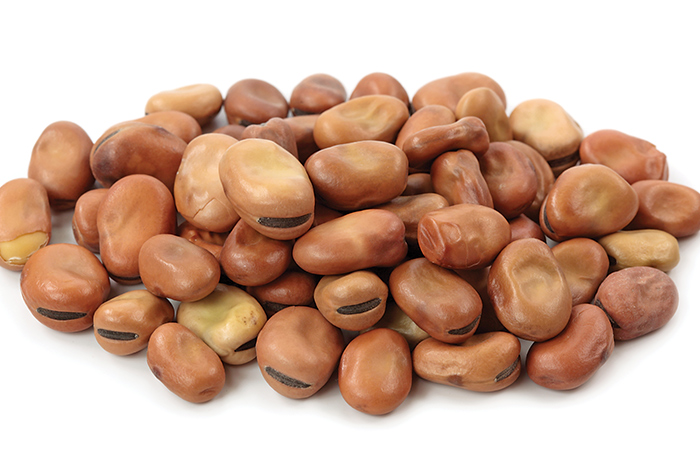Whole grains are good sources of fiber and other nutrients that play a role in regulating blood pressure and heart health. You can increase the amount of whole grains in a heart-healthy diet by making simple substitutions for refined grain products. Or be adventuresome and try a new whole grain, such as whole-grain farro, quinoa or barley.
Poultry and fish, low-fat dairy products, and eggs are some of your best sources of protein.
Fish is another good alternative to high-fat meats. And certain types of fish are rich in omega-3 fatty acids, which can lower blood fats called triglycerides.
You'll find the highest amounts of omega-3 fatty acids in cold-water fish, such as salmon, mackerel and herring. Other sources are flaxseed, walnuts, soybeans and canola oil.
You'll find the highest amounts of omega-3 fatty acids in cold-water fish, such as salmon, mackerel and herring. Other sources are flaxseed, walnuts, soybeans and canola oil.
Legumes — beans, peas and lentils — also are good sources of protein and contain less fat and no cholesterol, making them good substitutes for meat.
Substituting plant protein for animal protein — for example, a soy or bean burger for a hamburger will reduce your fat and cholesterol intake and increase your fiber intake.

No comments:
Post a Comment